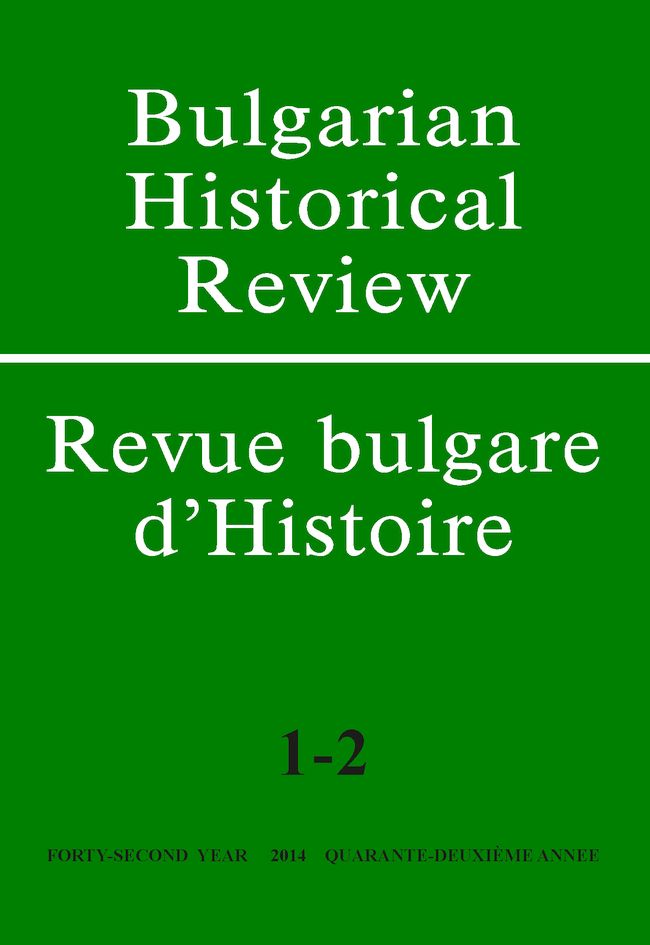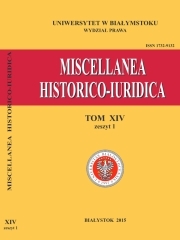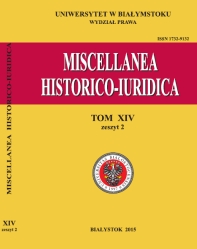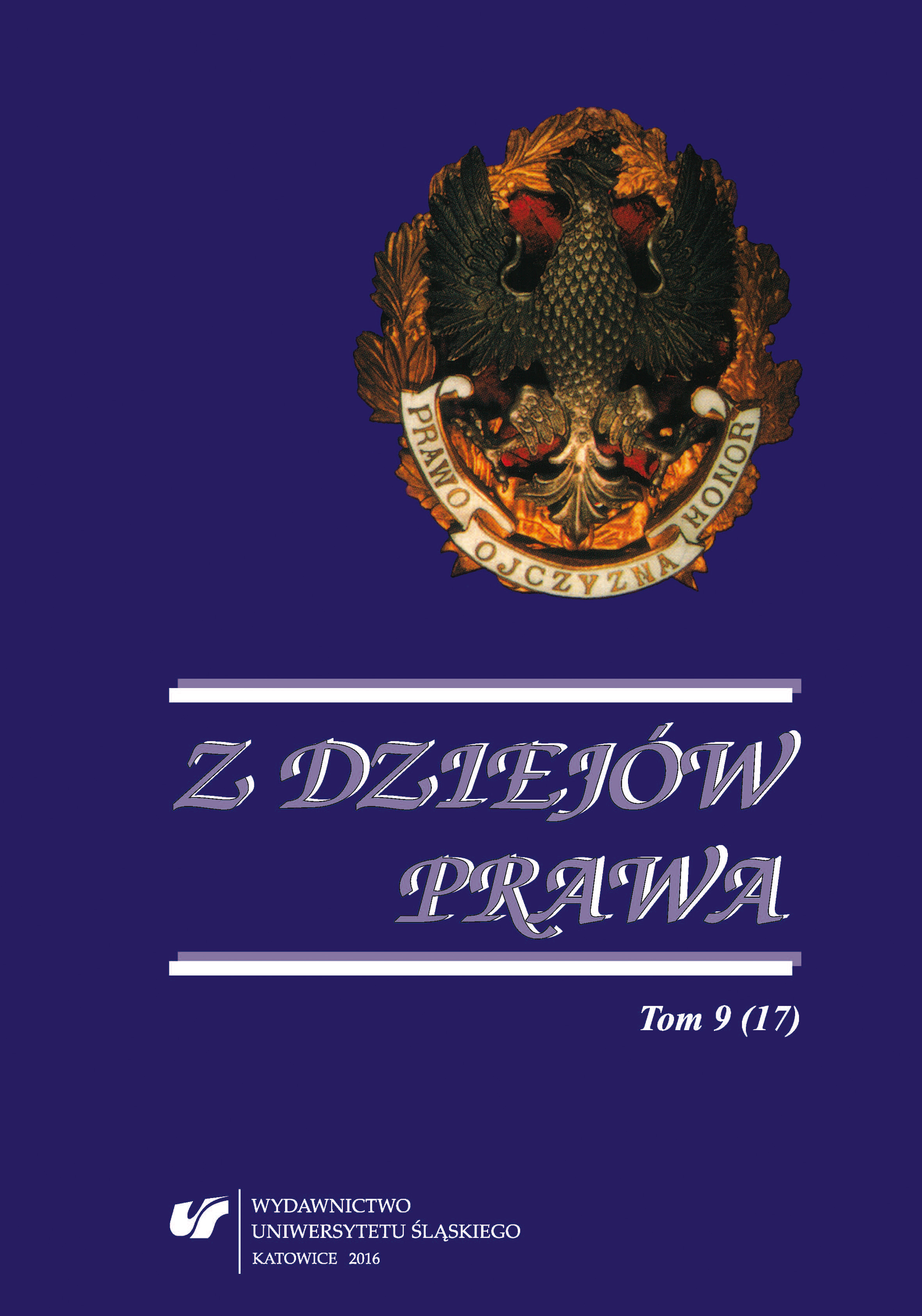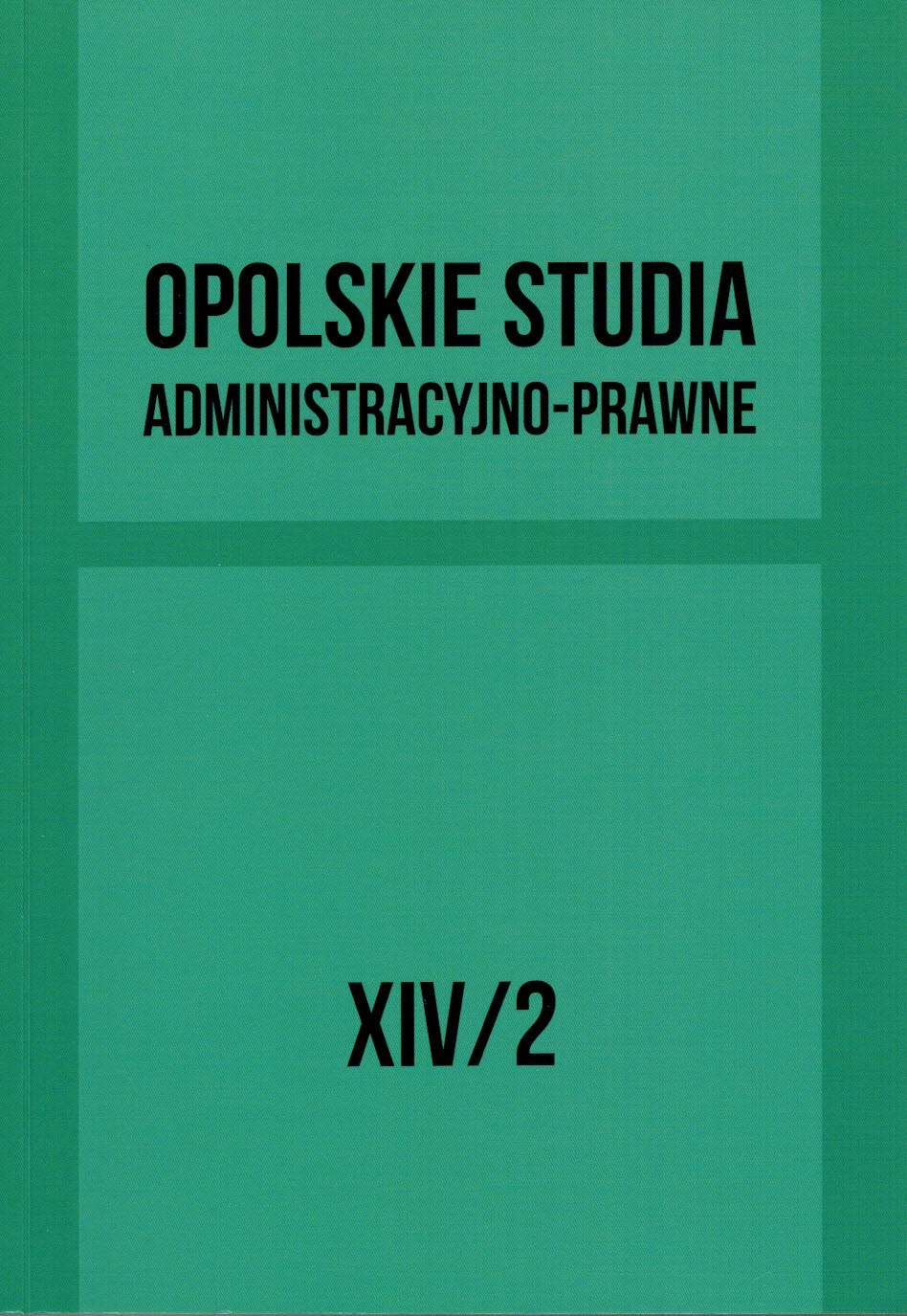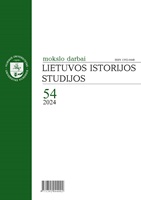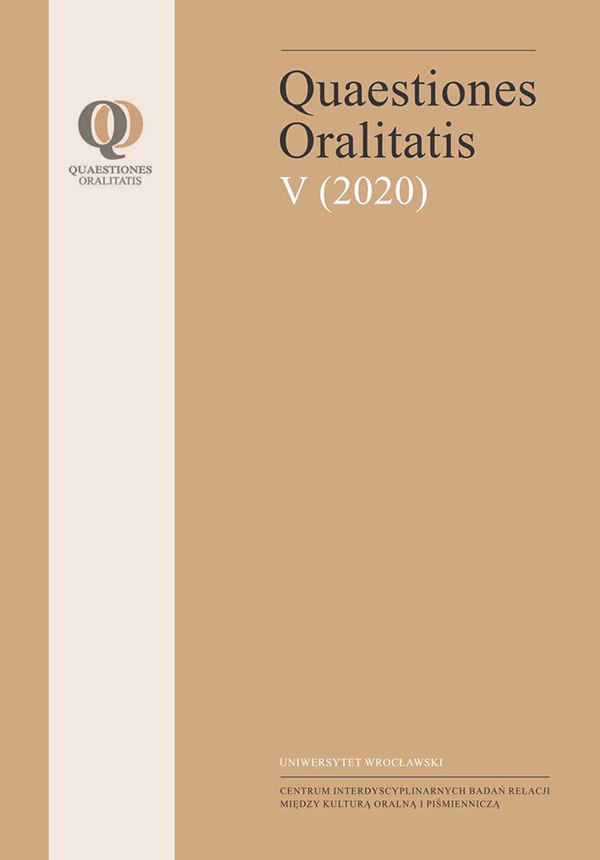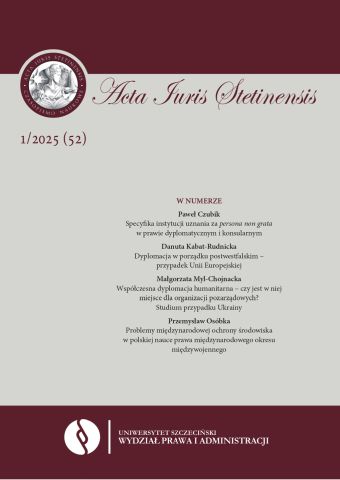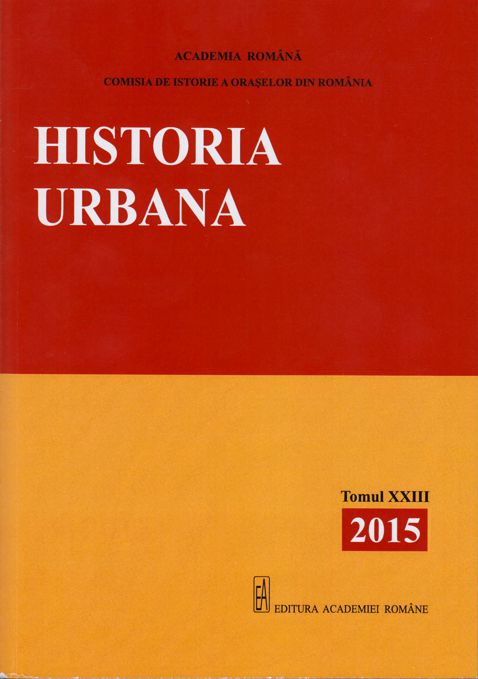
Un proces de adulter din 1585 din Reghinul Săsesc
After waking up the day after Ash Wednesday, in 1585, Martin Faber, a blacksmith master from Reghinul Săsesc (Sächsisch Regen) went to the town hall and denounced his wife and her lover on the count of adultery. The town’s law court found the accused guilty and decided the husband was in his right to demand their head, namely the death penalti. The law court in Reghinul Săsesc has retrialed the case and decided against the defendants. The latter appealed the verdict at the law court in Bistriţa.The present paper sets aut to offer a reading of this particular adultery case dating back to the late 16th century. The analysed source is a letter of appeal drawn up by the law court in Reghinul Săsesc, documenting the rare case of „private” criminal law suits started by the injured party and not ex officio. The letter of appeal (litterae transmissionales), containing a document drawn up during the law suit’s judicial remedy phase, already contains the grounds’ „file”. Based on this document, the law suit’s phases are to be retraced: the plaint, the legal exceptions, the defendands’ response, the witnesses’ testimonies, the judges’ rulling during the first law suit, the inquiry to open a new lawsuit, the princely mandate regarding a new lawsuit and the new lawsuit’s phases” the plaint and the defenses’ response, the law court’s ruling and the claim of appeal drawn up against this new ruling. Taking into account the laws and customs in force by the late 16th century in matter of criminal claims, we have set out to reconstruct the lawsuit’s key moments and, not by least, the causes and reasons, namely legal grounds that led to the actions undertaken by the people involved in this particular law suit.
More...
